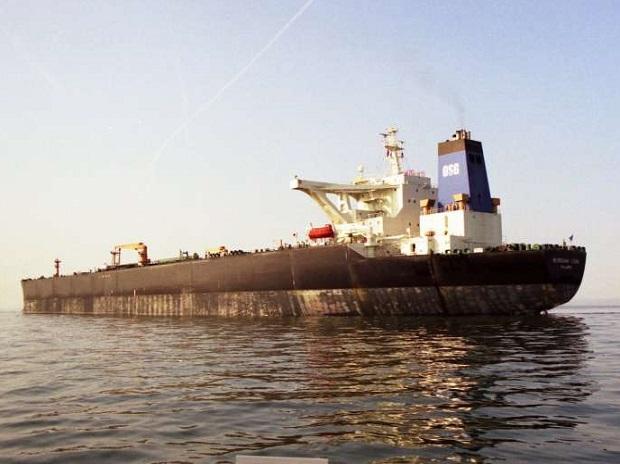There are no products in your shopping cart.
| 0 Items | £0.00 |


NIGERIA'S federal government has been asked to look at the prospect of acquiring shipping vessels as a means of generating revenue in the post-coronavirus era given that the country's oil sectors is serviced by over 10,000 vessels which can raise N1.5trn ($3.8bn).
Due to the effects of the shutdown introduced as a result of the coronavirus pandemic, Nigeria's oil sector has been hit hard as not only have prices collapsed but demand too has plummeted. With Nigeria sitting on about 80m barrels of unsold crude oil at the moment, the government has been advised to turn its attention to shipping as the huge revenue currently going into the pockets of foreign shipping firms are a potential cash cow.
One transport ministry official urged the federal government to focus its attention on Floating Production Storage Offshore Vessels and supply boats because of dwindling oil revenue. He added that if the government got involved in the sector, it could recoup a lot of the foreign exchange being lost to the collapse in the global crude oil economy.
“As part of efforts to boost the economy in the post-Covid-19 period, there is an urgent need for the government to empower the Nigerian Content Development and Monitoring Board (NCDMB) to implement the Nigerian Oil and Gas Industry Content Development Act 2010 to boost the economy. There are more than 10,000 ships, oil platforms, rigs and barges operating in the oil gas and port sectors every year that need essential provisions and services to maintain their crew on board the ships,” he added.
According to the official, Nigeria's Local Content Act was meant to address issues of this nature but the NCMB was yet to understand the dynamics of local content in ship chandling. he said the federal government was losing a huge amount of revenue to the low level in ship chandling business because foreigners are dominating the trade.
“For instance, a crew of a ship of 5,000 gross registered tonnage (GRT) would require about $50,000 monthly to buy foods, pharmaceuticals, oil, lubricants and other things for its trip,’’ he said. Stakeholders in the maritime industry, he said, were worried that the law guiding ship chandling was not effective, adding that Section 24 of the Customs and Excise Management Act, which regulates the business, has not been reviewed since 1968 to reflect new trends.
Felix Anthony, a member of Association of Chandlers and Ship Suppliers of Nigeria (ACSSN), added that the federal government can raise over N1.5trn in revenue from over 10,000 vessels carrying out their business in the country. He said the government should empower the NCDMB in carrying out its implement core responsibilities.
Mr Anthony berated a situation where foreigners are supplying 90% of essential commodities to floating production storage offshore vessels, oil rigs, platforms, supply boats, liquefied natural gas vessels and bonga flow stations. He added that if the NCDMB was fully empowered by the government to enforce its act, the reverse would be the case since only local were permitted to supply provisions to vessels in other countries.
Also, Mr Anthony stressed that the lack of regulation of the sector by the appropriate agencies of the government was partly responsible for the criminal activities on the territorial waters. He said the country had been losing between $3.5bn and $4bn to foreigners for over 15 years in the sector, stressing that the illegal practice was causing capital flight in the country.